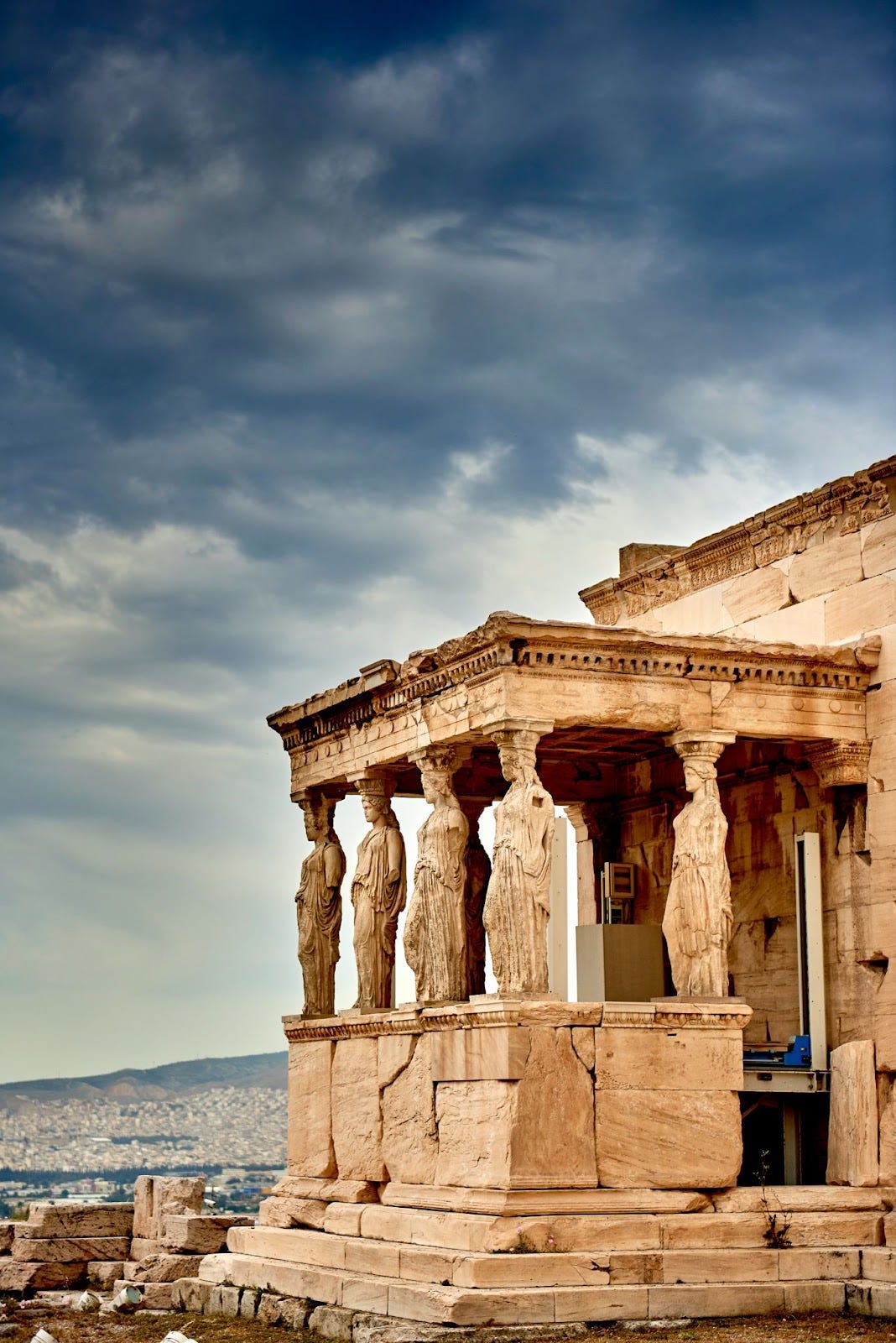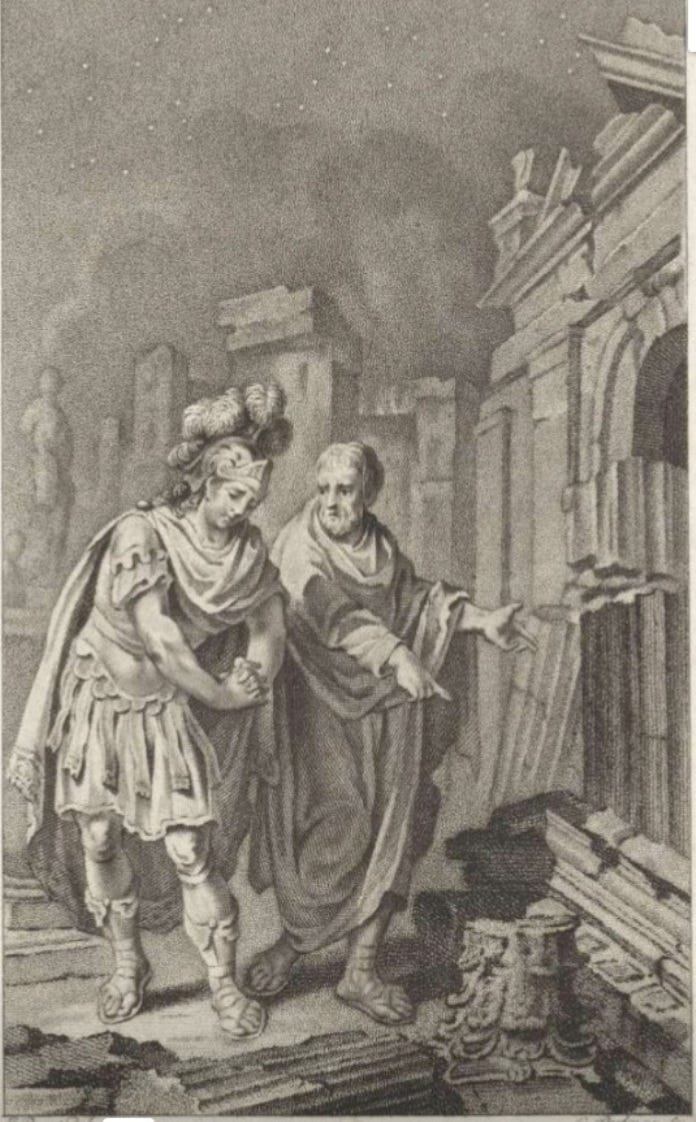Issue IV: Decentralization from Greece to Web3
New essays drawing lessons for the future from ancient Greek city-states
A key feature of classical Greece was its political organization. Although the Greeks were a single people, with shared culture, language, religion, and a collective consciousness, they lived in thousands of sovereign city-states that competed (and warred) with each other.
It worked well: Ancient and Classical Greece were highly productive periods, and here we are, thousands of years later, still drawing inspiration from them here at The Classical Futurist.
Thus Issue IV, released today, focusses on this decentralization. From there, we examine the recent social developments that are spurred by web technology, mainly what has come to be called “web3”: the new decentralized networks that rely on blockchains and cryptocurrencies.
Caleb Ontiveros provides an excellent introduction to what decentralization meant, in practice, for ancient Greeks—and how it translates to web3. Étienne Fortier-Dubois muses on the idea of city-states and sovereignty, in “real life” and online. Sachin Maini considers the history of nation-states and how the new trends towards decentralization will affect their future.
If you haven’t subscribed already, you can do so right here. You will receive exactly one email per month with the contents of the current issue.
Issue IV, December 2021: Contents
To Selene: Why Ancient Greece’s efflorescence matters to web3
Ancient Greece was an unusual place in antiquity: It was not organized as an empire, but as a network of competing city-states. Yet it was very wealthy. Can the decentralization of web3 drive similar prosperity today? Caleb Ontiveros examines regional decentralization, citizen-centeredness, and war as causes of Greek wealth, and looks at how they match (or not) what is currently happening in crypto.
Building City-States on the Internet
Cities have incredible benefits. City-states, which are cities with sovereignty, have even more, as multiple periods in history from ancient Greece to modern Singapore have shown. Today, writes Étienne Fortier-Dubois, many online and web3 communities think of themselves as cities, but none can be called a city-state—because they aren’t sovereign. Yet neglecting real-life politics carries great risk of seeing the work of an internet city undone.
Decentralizing the Nation-State
Nation-states have been the dominant form of political organization for the past few centuries. They rose out of geographic constraints, since cohesive national groups tended to be made of people living in a common area. Sachin Maini argues that with the internet and web3, new groups are rising independently of those constraints, and that nation-states will be replaced by network states.
Recommended Reading
Caleb Ontiveros tells us about Lost in Thought by Zena Hitz, a book about intellectual life, and collates a number of links from around the web on antiquity and web3.
If you like The Classical Futurist, please don’t hesitate to give us a shoutout.





